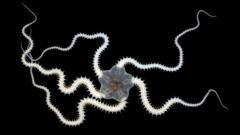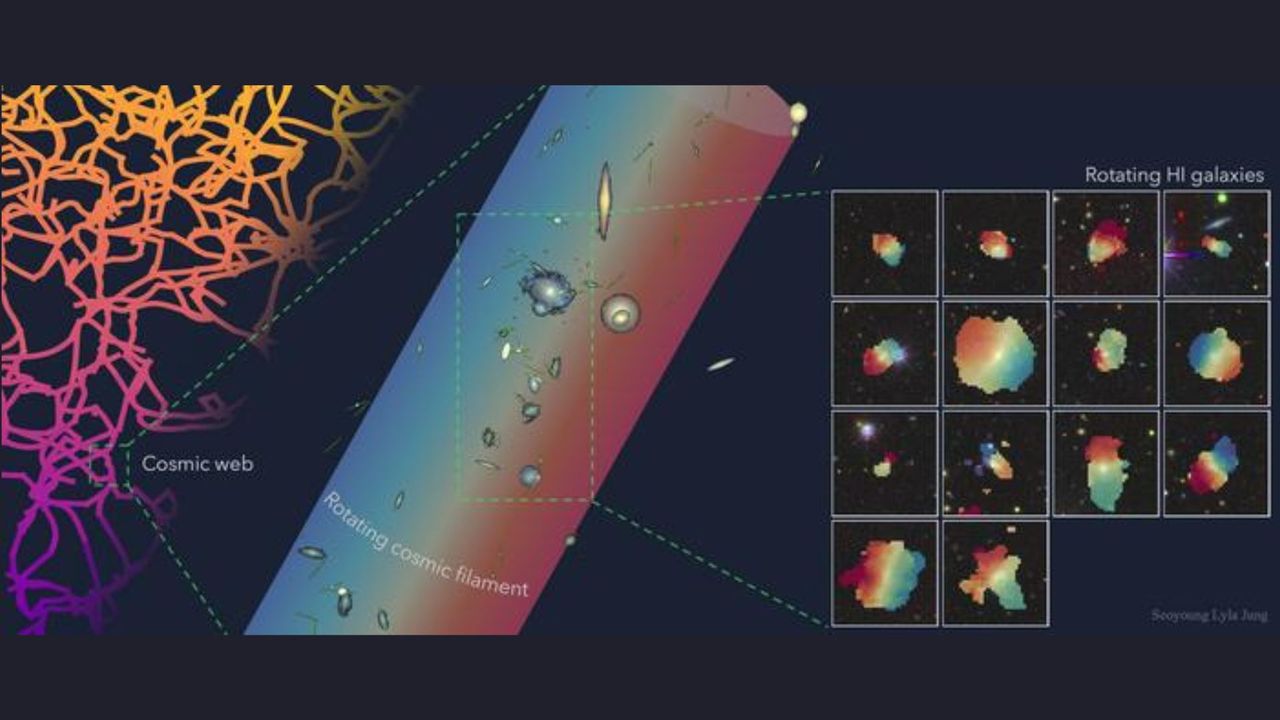Autism should not be seen as single condition with one cause, say scientists
PositiveScience

Recent research reveals that autism is not a one-size-fits-all condition, as scientists found significant differences in genetic profiles between those diagnosed in early childhood and those diagnosed later. This important study, which analyzed data from over 45,000 autistic individuals across Europe and the US, highlights the complexity of autism and suggests that understanding these differences could lead to more tailored approaches in treatment and support. Recognizing the diverse nature of autism is crucial for improving outcomes for individuals on the spectrum.
— via World Pulse Now AI Editorial System
/https://tf-cmsv2-smithsonianmag-media.s3.amazonaws.com/filer_public/62/01/62019da1-dd28-4322-aca0-0ec598b63235/7402439760_6437bcb924_k.jpg)


